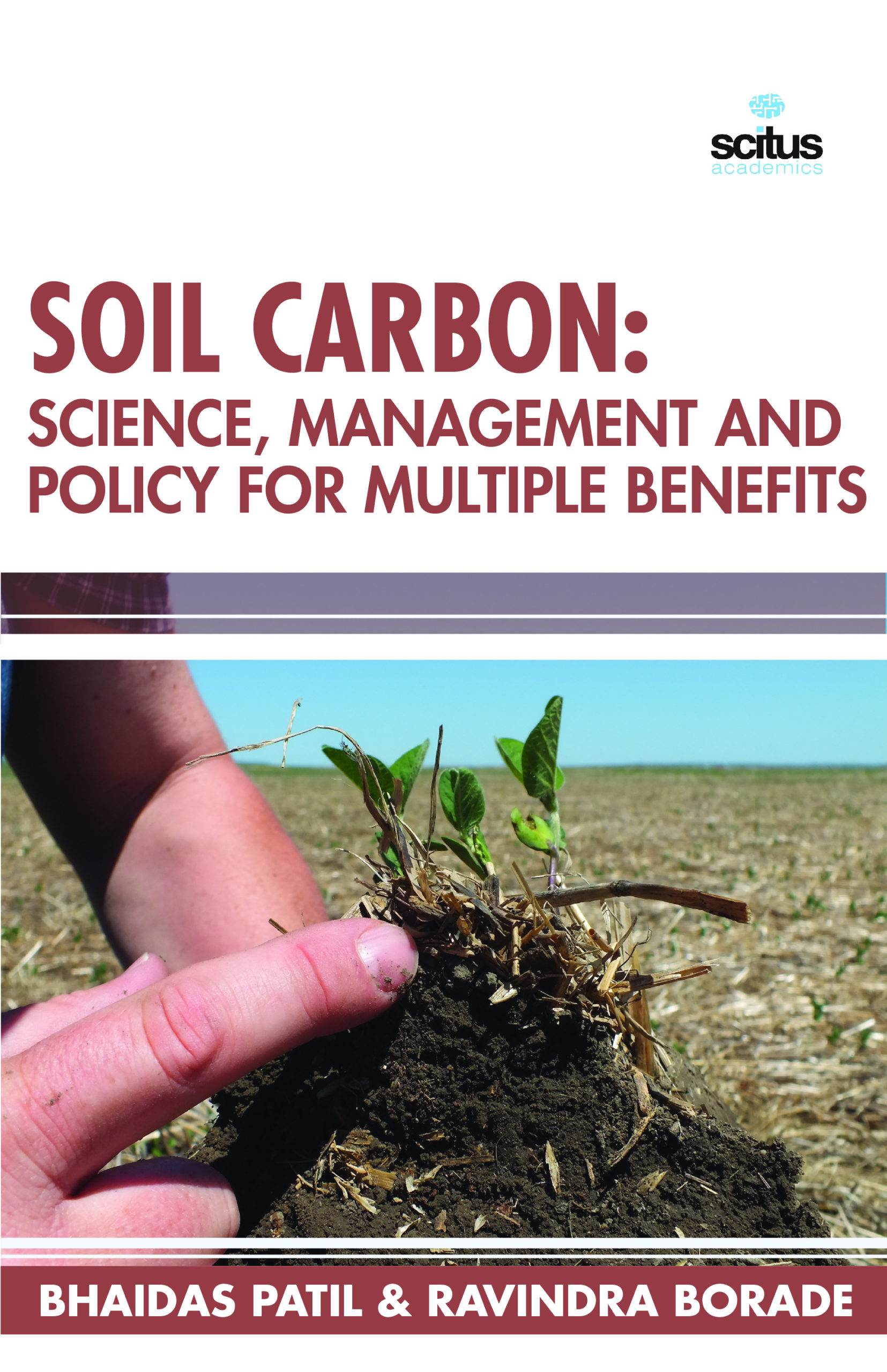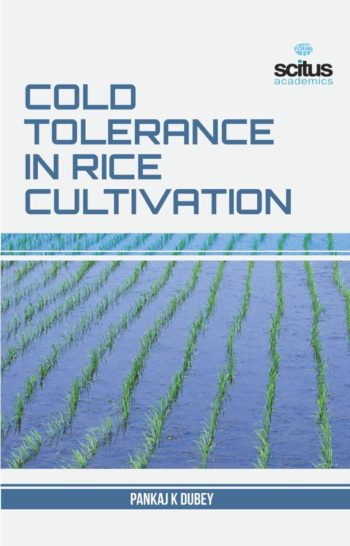Managing Soil Organic Carbon for Global Benefits presents an overview of current technical and scientific knowledge of soil organic carbon (SOC). Such an overview is needed in order to understand how and why soil organic carbon management should be an important component of future strategy for the Global Environment Facility (GEF). SOC management may contribute to and/or be affected by progress toward the achievement of the GEF objectives. It has a vital role to play in regard to each of the GEF focal areas: Biodiversity, Climate Change, Land Degradation, International Waters, and Persistent Organic Pollutants (POPs). Links also exist between SOC management and the GEF’s cross-cutting themes (Sustainable Forest Management, and Land Use, Land-Use Change and Forestry – LULUCF). Knowledge of SOC and SOC dynamics has grown considerably in recent years, driven by a number of current debates including on the potential of soils to contribute to climate change mitigation, ecological approaches to agriculture, and pro-poor agricultural development, among many others. SOC monitoring could benefit from remote sensing techniques developed in recent years. However, increased knowledge has confirmed that SOC dynamics are difficult to assess and predict – not only because SOC is complex in itself, but also because the inter-relationships between SOC and its controls are complicated. Better knowledge can therefore rarely be directly translated into straightforward SOC management rules; rather, this knowledge contributes to understanding a complex system whose response is inherently difficult to predict, yet where multiple benefits can potentially be achieved.













